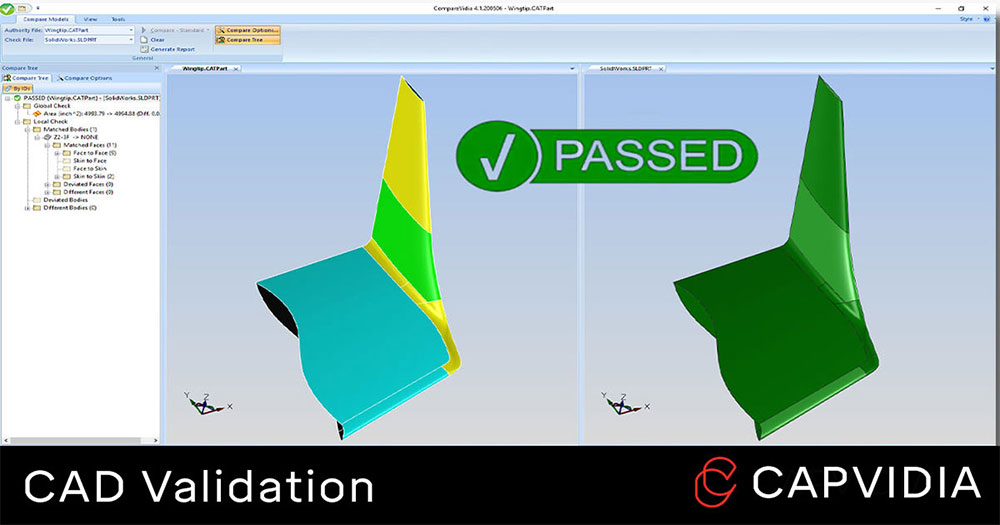Scope
Module 1: Introduction to Test Method Validation
In this module, participants will gain a comprehensive understanding of test method validation, its definition, and its significance in laboratory operations. They will explore why validating test methods is crucial for ensuring accurate and reliable results. Regulatory guidelines and standards related to test method validation will be discussed, providing participants with a solid foundation for compliance with industry regulations.
Module 2: Method Validation Parameters
This module focuses on the key parameters involved in test method validation. Participants will learn about specificity and selectivity, which assess the method's ability to distinguish the analyte of interest from other components. Linearity and range, accuracy and precision, as well as the limit of detection and limit of quantitation, will be explored in detail. Additionally, participants will gain insights into the concepts of robustness and ruggedness, which assess the method's performance under varying conditions.
Module 3: Validation Protocol Development
In this module, participants will learn the essential steps involved in developing a validation protocol. They will understand how to establish clear validation objectives that align with the method's intended purpose. Designing appropriate experiments and selecting representative samples for validation will be covered, along with defining acceptance criteria to determine the method's suitability. The importance of documentation and reporting in maintaining a comprehensive validation record will also be emphasized.
Module 4: Experimental Design and Statistical Analysis
This module provides participants with the necessary statistical tools and techniques for method validation. They will learn how to determine an appropriate sample size for validation studies and explore statistical analysis methods for interpreting validation data. Participants will gain the skills to analyze and evaluate the results obtained during validation experiments, ensuring a robust and reliable validation process.
Module 5: Validation of Different Analytical Techniques
Participants will delve into the validation of various analytical techniques commonly used in laboratories. Chromatographic methods such as High-Performance Liquid Chromatography (HPLC) and Gas Chromatography (GC), spectroscopic methods like Ultraviolet-Visible (UV-Vis) and Fourier Transform Infrared (FTIR) spectroscopy, as well as dissolution testing and microbiological testing, will be covered. Participants will gain insights into the specific considerations and challenges associated with validating these different techniques.
Module 6: Method Transfer and Verification
This module focuses on the transfer of validated methods between laboratories and the verification of methods in routine operations. Participants will learn strategies and best practices for successfully transferring validated methods, ensuring consistency and reliability across different laboratory settings. They will also gain insights into the process of verifying methods in routine laboratory operations to maintain ongoing method performance.
Module 7: Ongoing Method Performance Monitoring
In this module, participants will explore the importance of ongoing method performance monitoring to ensure the continued reliability of test results. They will learn about stability studies and revalidation processes to assess the long-term performance of validated methods. Additionally, participants will gain insights into change control procedures and impact assessments to manage any modifications to validated methods. Handling out-of-specification results will also be discussed, providing participants with the knowledge to effectively address deviations and maintain quality standards.
Module 8: Compliance and Audit Considerations
This module focuses on the compliance requirements and audit considerations related to test method validation. Participants will learn about Good Laboratory Practices (GLP) and Current Good Manufacturing Practices (cGMP) to ensure adherence to industry regulations. They will gain insights into preparing for regulatory inspections, including documentation requirements and quality control measures, to ensure a smooth and successful audit process.
Through these comprehensive modules, participants in the Test Method Validation course at NPDD House will gain the knowledge, skills, and confidence necessary to evaluate, validate, and monitor test methods effectively. They will be equipped to ensure accurate and reliable results, comply with regulatory requirements, and maintain high-quality standards in laboratory operations.

